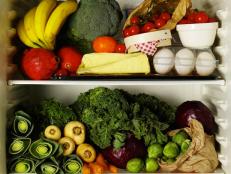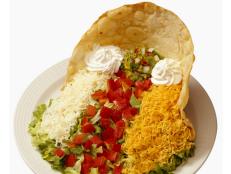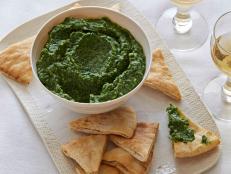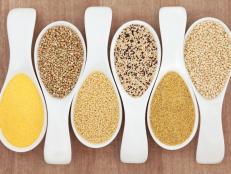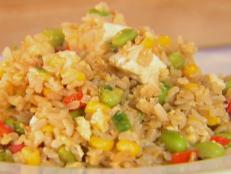Healthy Food Claims That Aren't Healthy
Don't be fooled by these healthy-sounding buzzwords — they're not as waist-whittling as you might think.
Related To:
Photo By: Yong Hian Lim
Photo By: John A. Meents
Photo By: Thomas Perkins
Photo By: Jupiter Images / ThinkStock ©Jupiter Images / ThinkStock
Photo By: Olivier Le Moal
As you stroll through the grocery store aisles, you might notice that a lot of the food packages have healthy-sounding buzzwords plastered on them, just begging you to notice how good they are for you. But just because they sound healthy doesn't mean they are. Find out which seven terms give foods a health halo they don't necessarily deserve.
Fat-Free
With Antioxidants
High in Fiber
Less Sugar
Gluten-Free
Natural
As more people get interested in minimally processed whole foods, food manufacturers have started changing their formulas and dubbing their products "all-natural." Although this term does mean that there are no artificial ingredients in the product (the term is regulated by the USDA), that doesn't mean the food product is necessarily healthful. Everything from sugary granola bars to Cheetos now come in "all-natural" formulations, but that doesn't make them health foods.
Organic
Many unhealthy foods are labeled as organic, and in a 2011 Cornell University study, participants ranked foods identified as organic with higher marks. People rated the "organic" cookies and potato chips healthier, tastier and lower in calories than non-organic ones. In this case, the products were actually identical, proving that the term "organic" elevates even the junkiest of junk food products. If you prefer buying organic foods, there's no need to stop: Just keep in mind that an organic cookie is still a cookie.

